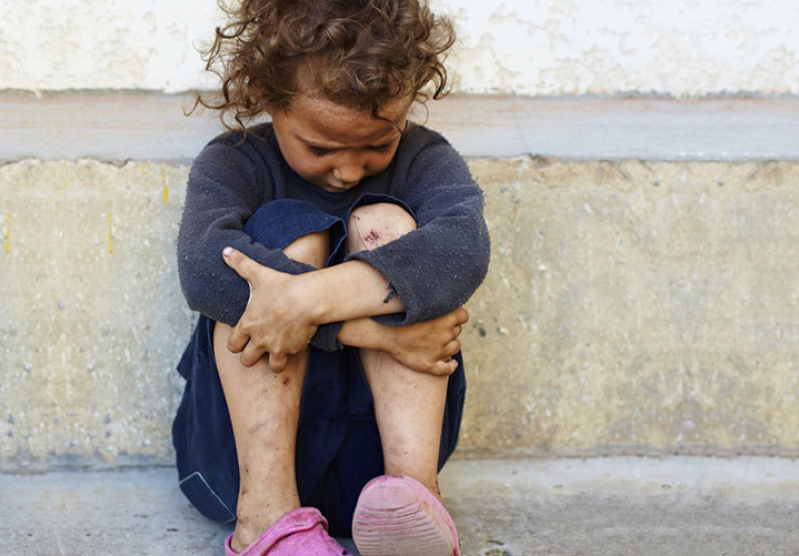
A surprising study has shown that the stresses associated with low-income households, as opposed to those in wealthier households, can negatively impact children's brain development.
According to the study published in the journal Nature Neuroscience, brain scans of 1,099 children and teenagers in nine major cities showed that poorer children had less surface area of the brain. Dr. Kimberly Noble, an assistant professor of pediatrics and director of the Neurocognition, Early Experience and Development Lab at Columbia University Medical Center, told Maggie Fox of NBC News that intelligence was linked with more brain surface area.
"Specifically, among children from the lowest-income families, small differences in income were associated with relatively large differences in surface area in a number of regions of the brain associated with skills important for academic success," Noble said.
NBC News reported that school achievement and intelligence can be affected by socioeconomic status, although researchers haven't figured out why this occurs.
"We know that families from disadvantaged backgrounds tend to experience more stress," Noble said.
Sara Reardon of Nature elaborated on what the researchers found in their study.
"The brains of children from the lowest income bracket - less than $25,000 - had up to 6 percent less surface area than did those of children from families making more than $150,000," Reardon wrote, citing researchers. "In children from the poorest families, income disparities of a few thousand dollars were associated with major differences in brain structure, particularly in areas associated with language and decision-making skills."
Reardon added that based on parental income, children's scores declined "on tests measuring cognitive skills, such as reading and memory ability."
Fox reported that children living in lower-income households could be exposed more often to brain-damaging chemicals such as lead, cigarette smoke and air pollution. She explained that the brain's surface area is where brain cells associated with intelligence are located.
"The human brain is very wrinkled, with deep nooks and crannies," Fox wrote. "This is because a lot of brain is crammed into a small skull. If flattened out on a table, the human brain would be much bigger than it looks."
Based on what was found in the study, the researchers told NBC News that it remained unclear whether or not the differences last a lifetime. They plan to test that hypothesis out with a new study that gives money to low-income families to see if it made any difference.
"We are going to follow the children from birth to age 3 and see what effects are on cognitive, emotional and brain development," Noble said. "What is it about increased income that changes things in development?"
Other interventions that could help make a difference include providing better child care and nutrition, according to Reardon. Neuroscientist Elizabeth Sowell from Children's Hospital Los Angeles hoped further studies would help reinforce that notion.
"It's important for the message not to be that if you're poor, your brain is smaller and will be smaller forever," Sowell said.






